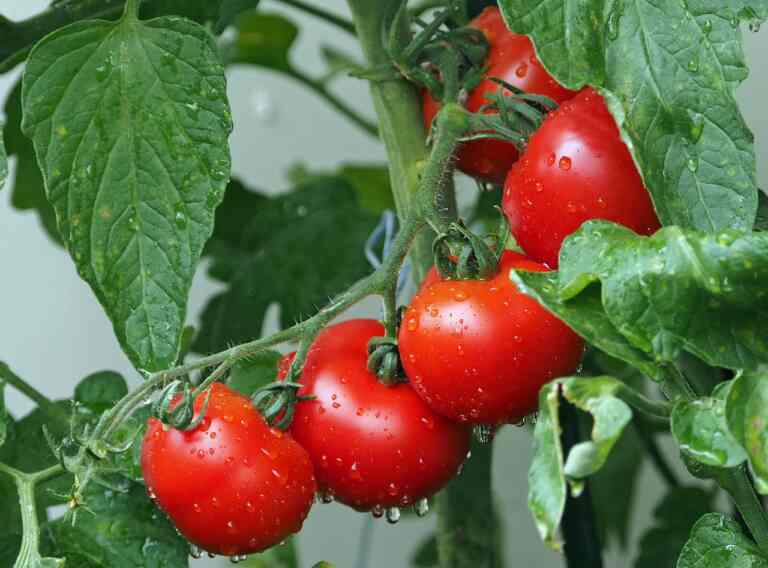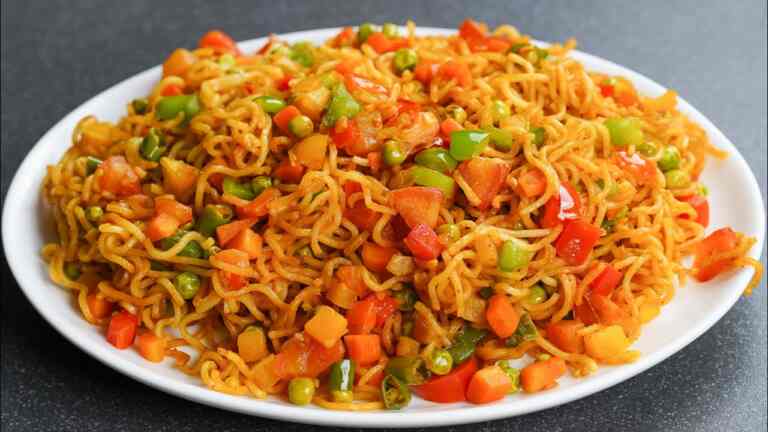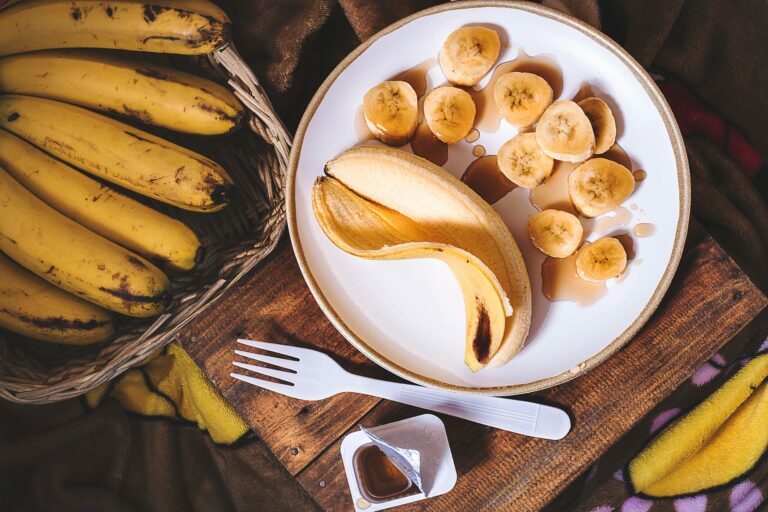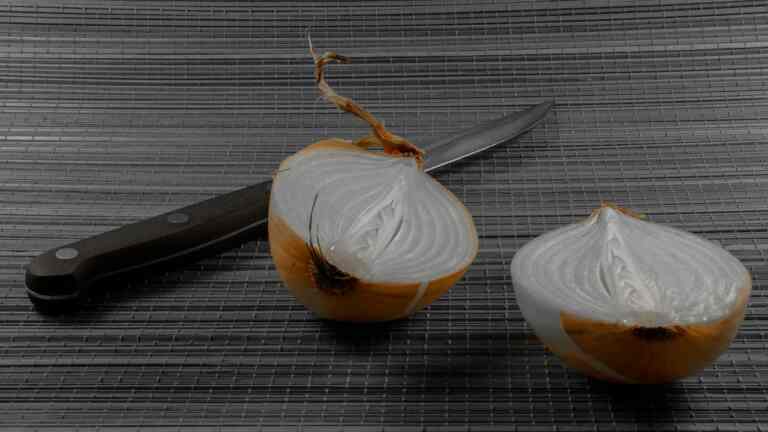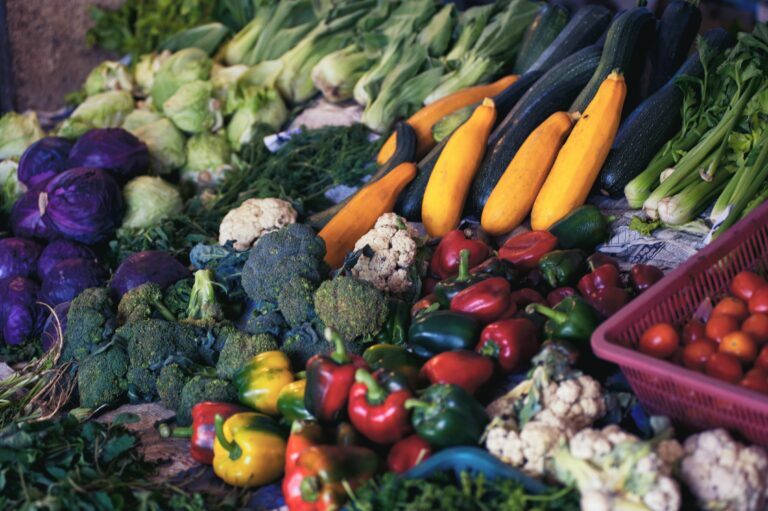Can we eat mango during pregnancy?
you can eat mangoes during pregnancy, and they can be a healthy addition to your diet. Mangoes are a rich source of vitamins, minerals, and dietary fiber, which can be beneficial during pregnancy. Here are some reasons why mangoes can be a good choice for expectant mothers:
- Rich in Vitamins: Mangoes are packed with essential vitamins such as vitamin C, vitamin A, and various B vitamins. Vitamin C is essential for the development of your baby’s bones, skin, and connective tissue, while vitamin A is important for vision and immune system health.
- Dietary Fiber: Mangoes contain dietary fiber, which can help alleviate common pregnancy discomforts like constipation. Fiber also supports digestive health.
- Natural Sugars: While mangoes do contain natural sugars, they can be a healthier alternative to processed sugary snacks and desserts.
- Hydration: Mangoes have a high water content, which can help you stay hydrated during pregnancy, especially on hot days.
However, like with any food during pregnancy, it’s important to consume mangoes in moderation and as part of a balanced diet. Here are a few considerations:
- Portion Size: Limit your serving size to avoid consuming excessive calories and natural sugars.
- Allergies: If you have a known allergy to mangoes or latex, exercise caution and consult your healthcare provider before adding mangoes to your diet.
- Washing: Thoroughly wash mangoes to remove any potential pesticides or contaminants from the skin.
- Gestational Diabetes: If you have gestational diabetes, monitor your blood sugar levels after eating mangoes to ensure they don’t cause spikes.
In general, mangoes can be a nutritious and tasty fruit to include in your pregnancy diet, but like all foods during pregnancy, it’s essential to consume them in moderation and be mindful of your individual dietary needs and any specific health conditions you may have. If you have concerns or questions about your diet during pregnancy, consult with your healthcare provider for personalized guidance.
Nutritional Value Of Mangoes
Mangoes are not only delicious but also provide a range of essential nutrients. Here’s the approximate nutritional value of one cup (about 225 grams) of sliced, raw, and fresh mango:
- Calories: Around 150 calories
- Carbohydrates: Approximately 38 grams
- Dietary Fiber: About 3 grams
- Protein: Approximately 1 gram
- Fat: Almost no fat (less than 1 gram)
- Vitamin C: Approximately 60 milligrams (100% of the recommended daily intake)
- Vitamin A: Approximately 1,785 micrograms (200% of the recommended daily intake)
- Vitamin E: About 1.1 milligrams (5% of the recommended daily intake)
- Vitamin K: Approximately 6.9 micrograms (9% of the recommended daily intake)
- B Vitamins: Small amounts of B vitamins, including B6, niacin, folate, and pantothenic acid
- Minerals: Small amounts of essential minerals like potassium, magnesium, and copper
- Antioxidants: Mangoes are rich in antioxidants such as quercetin, beta-carotene, and various phenolic compounds.
Mangoes are especially known for their high content of vitamins A and C, which are important for immune system health, vision, skin health, and tissue repair. The dietary fiber in mangoes can help support digestive health and alleviate constipation. Additionally, mangoes provide a variety of phytonutrients and antioxidants that may have health benefits.
It’s worth noting that the nutritional content can vary slightly depending on the variety and ripeness of the mango. However, mangoes are generally considered a nutritious and refreshing fruit that can be a valuable addition to a balanced diet.
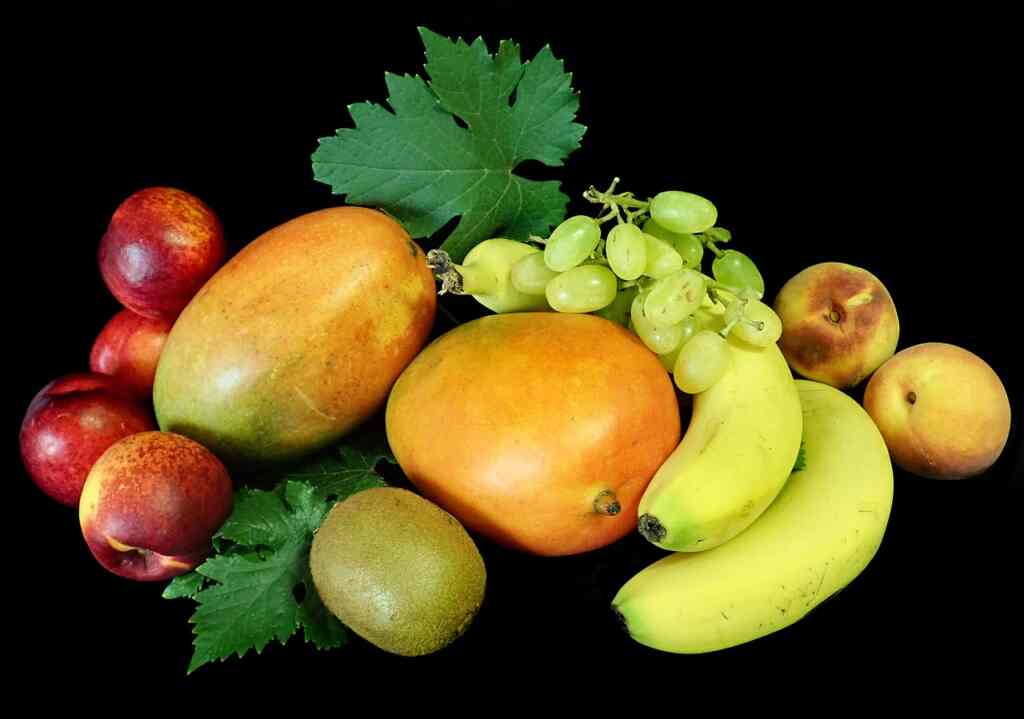
Can we eat mango during cough?
Eating mangoes during a cough is generally safe, as mangoes are a nutritious fruit and can provide essential vitamins and minerals that support overall health. However, whether or not you should eat mangoes while experiencing a cough depends on the cause and severity of your cough, as well as any specific dietary restrictions or sensitivities you may have.
Here are some considerations:
- Nutritional Benefits: Mangoes are a good source of vitamin C, which can help boost the immune system. They also provide vitamin A, which supports respiratory health and mucous membrane function.
- Hydration: Mangoes have a high water content, which can help keep you hydrated when you have a cough.
- Dietary Fiber: The dietary fiber in mangoes can support digestive health and alleviate symptoms like constipation, which can sometimes accompany coughs.
- Moderation: While mangoes can be part of a healthy diet during a cough, it’s important not to overconsume them. Eating excessive amounts of any food, including fruits, can lead to discomfort.
- Allergies or Sensitivities: If you have allergies to mangoes or oral allergy syndrome (cross-reactivity with certain fruits), you should avoid them.
- Acidic Fruits: Some people find that acidic fruits like mangoes can irritate their throat if they have a sore throat accompanying their cough. In such cases, you may want to opt for non-acidic fruits like bananas or papayas.
- Personal Preferences: Ultimately, whether you eat mangoes during a cough depends on your personal preferences and how your body reacts to them. If mangoes worsen your cough or cause discomfort, it’s best to avoid them.
Remember that a balanced diet and staying well-hydrated are important for overall health, especially when you’re dealing with illness. If you have a persistent or severe cough, it’s advisable to consult with a healthcare professional to determine the underlying cause and receive appropriate treatment. They can also provide personalized dietary recommendations based on your specific condition.
What is the best time to eat mango during pregnancy?
Mangoes can be a nutritious addition to your diet during pregnancy, but it’s important to consume them in moderation and at an appropriate time. There isn’t a specific “best” time to eat mangoes during pregnancy, but here are some considerations:
- As a Snack: Mangoes can be a tasty and healthy snack option during pregnancy. You can enjoy them between meals to satisfy cravings and provide your body with essential nutrients.
- In Smoothies: Mangoes can be blended into smoothies along with other fruits, yogurt, or milk to create a refreshing and nutritious beverage. This can be a great option for breakfast or as a snack.
- In Salads: Mangoes can be added to salads for a burst of flavor and sweetness. This is a good way to incorporate them into your lunch or dinner.
- With Other Meals: You can also include mango as part of your main meals. For example, you might have mango salsa with grilled chicken or fish.
- Avoid Late at Night: Some people find that consuming fruits high in natural sugars, like mangoes, late at night can cause digestive discomfort or sleep disturbances. If this applies to you, it’s best to enjoy mangoes earlier in the day.
- Moderation: While mangoes provide important nutrients like vitamins A and C, it’s essential to consume them in moderation. Like any fruit, they contain natural sugars, and excessive sugar intake should be avoided during pregnancy.
- Individual Tolerance: Pay attention to your body’s response. If you notice any adverse reactions, such as digestive discomfort or allergies, it’s best to avoid or limit your mango intake.
Remember that a balanced diet during pregnancy is crucial for both your health and the development of your baby. Mangoes can be a healthy part of that diet, but they should be one component of a variety of fruits, vegetables, lean proteins, whole grains, and dairy products. If you have any specific dietary concerns or questions during pregnancy, it’s a good idea to consult with your healthcare provider or a registered dietitian for personalized guidance.
Related Posts
This article is reviewed by Russel, before publishing. If you have any doubt, you can contact us or consult with your nearby doctor. Remember, in medical matters, there is no same advice, cure, and medicine for all.



